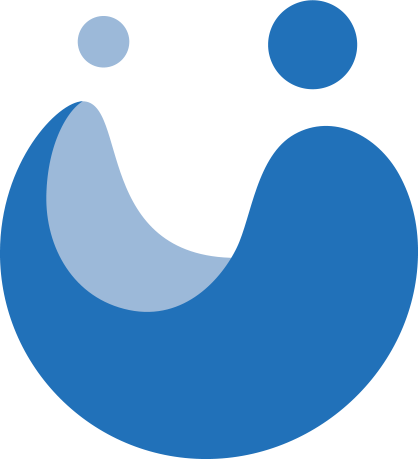Home » See the Chuppe Chiropractic Difference! » Back Pain »
Back Pain
Back pain is the second most common reason for a visit to a doctors office, outnumberd only by upper-respiratory infections. Most back pain is from a mechanical problem and not caused by serious conditions, such as inflammatory arthritis, infection, fracture, or cancer.
What Causes Back Pain?
The back is a complicated structure of bones, joints, ligaments, and muscles. You can strain muscles, sprain ligaments, rupture disks, and irritate joints, all of which can lead to back pain. Even though sports injuries or accidents can cause back pain, sometime the simplest movements-such as, picking up a small item off the floor-can produce painful results. In addition, arthritis, poor posture, obesity, and psychological stress can cause or complicate back pain. Disease of the internal organs, such as kidney stones, kidney infections, blood clots, or bone loss can also be a direct result of back pain.
Will Back Pain Go Away on Its Own?
Until recently, researchers believed that back pain would heal on its own. However, we have learned that this is not true. A recent study showed that when back pain is not treated, it may go away temporarily, but will most likely return.1
If your back pain is not resolving quickly, visit a doctor of chiropractic. Your pain is most often a mechanical problem that a doctor of chiropractic can address. Many chiropractic patients who have experienced long-lasting or recurring back pain feel improvement shortly after beginning their chiropractic treatment.2
Chiropractic spinal manipulation is a safe and effective spine treatment. It reduces pain, decreases medication, rapidly advances physical therapy, and requires very few passive forms of treatment, such as bed rest.
What Should I Tell My Doctor of Chiropractic?
- Pain goes down your leg below your knee.
- Your leg, foot, groin or rectal area feels numb.
- You have fever, nausea, vomiting, stomach ache, weakness, or sweating.
- You lose bowel control.
- Your pain is caused by an injury.
- Your pain is so intense you can't move around.
- Your pain doesn't seem to be getting better quickly.
Tips On Preventing Back Pain
- Don't lift by bending over. Instead, bend your hips and knees and then squat to pick up the object. Keep your back straight, and hold the object close to your body.
- Don't twist your body while lifting.
- Push, rather than pull, when you must move heavy objects.
- If you must sit for long periods of time, take frequent breaks and stretch.
- Wear flat shoes or shoes with low heels.
- Exercise regularly. An inactive lifestyle contributes to low-back pain.



.png)